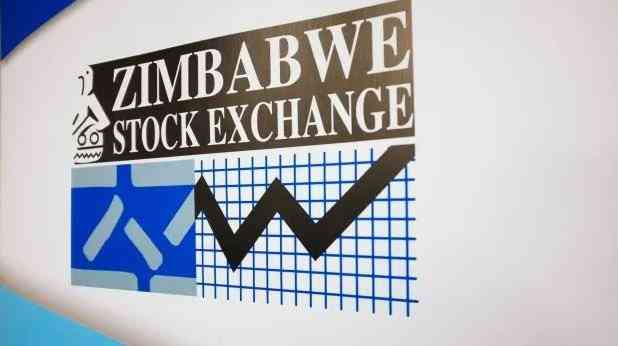
PIGGY has noted with interest that most individuals, households and businesses in Zimbabwe prefer to hold money in the form of cash (mostly US dollars).
While this has triggered an increase in robbery cases, the motives of holding cash can be derived from the functional definition of money. Sir John Hides (1967) says that money is defined by it functions. Anything is money, which is used as money, implying in simple terms, money is what money does.
Some have defined money based on the legal terms. Anything backed by law to be accepted by everyone for payment is called money. The two primary functions of money are to act as a medium of exchange or payment and as a unit of account.
Money is indeed a vital instrument in macro-economic management given that it is crucial for growth and development. In fact, money is considered a lubricant that oils the engine of economic growth; too little of it inside the engine will slow the pace of growth; too much of it will have the same effect.
That said, economic agents in Zimbabwe prefer to be liquid given some of the key advantages of holding cash. Liquidity preference according to macro-economic theory is the demand for money taken into account as liquidity.
The liquidity preference theory states that cash is the most accepted liquid asset and more liquid investments are easily cashed in for their full value.
The theory concentrates on the demand and supply for money as the interest rate determinants. According to this proposition that interest rate is the price paid for borrowed money, people will rather keep cash with themselves than invest cash in assets.
Hence, people prefer liquid cash. People also intend to save a percentage of their income. The amount that will be held in the form of cash and the amount that will be spent depends on liquidity preference.
- Mavhunga puts DeMbare into Chibuku quarterfinals
- Bulls to charge into Zimbabwe gold stocks
- Ndiraya concerned as goals dry up
- Letters: How solar power is transforming African farms
Keep Reading
People will prefer to hold cash since it is the most liquid asset and the reward for parting with liquidity is interest, whose rate according is determined by the economic demand and supply of money.
According to Keynesian economists, money has a role to play, which is as a store of value. As a result, money can influence economic activity, the level of income and employment. A major difference is the school of thought that Classical economists integrated both the real and monetary sectors of the economy whilst John Maynard Keynes clearly separated the monetary and real sectors of the economy.
Keynes believed that in the monetary sector, the rate of interest is determined by demand for and supply of money.
According to Keynes, the demand for liquidity is determined by three motives:
Transactional motive: people prefer to have the liquidity to ensure that they can take part in necessary basic transactions because their income is not always available,
Precautionary motive: people prefer to have liquidity in order to be able to meet social unexpected problems that need unusual costs; and
Speculative motive: in order to speculate a fall in the prices of bonds, people retain liquidity.
A decrease in the interest rate results in an increase in the quantity of money demanded by people until interest rates rise.
Thus, according to Keynes money is not just demanded for transaction purposes but it is also demanded to take advantage by the liquidity of money. Overall, money plays a significant causal role. The degree of money’s importance depends upon its ability to alter money interest rates and upon the degree to which expenditure categories (consumption, investment, government outlays, and so forth) are sensitive to changes in the interest rate. Piggy believes that the Keynesian school of thought with regards to money is relevant in modern day economics.
For example, in Zimbabwe, the local currency (ZWL) has been unstable largely because of a lack of confidence as well as a deteriorating exchange rate. This has also triggered inflation and has had a negative impact on employment levels and production.
As a result, the general population in Zimbabwe prefers to keep its wealth in a relatively stable foreign currency.
Amounts of local currency held are immediately converted to maintain purchasing power. The net effect is that there has been a stampede for foreign currency (US dollars) from every corner of the Zimbabwean economy given the need to preserve value. There has also been an impact on interest rates given that sales and purchases on credit take place at prices that compensate for the expected loss of purchasing power during the credit period, even if the period is short.
In conclusion, Piggy insists that individuals, households, and businesses should park ZWL balances in “near-USD assets”. The good news is that the stock market remains one of the feasible options of gaining exposure in value-preserving assets..
- Learn more about investing and trading by joining a PiggyBankAdvisor WhatsApp Group (+263 78 358 4745).
- Matsika is the head of research at Morgan&Co, and founder of piggybankadvisor.com. — batanai@morganzim.com/ batanai@piggybankadvisor.com or +263 783 584 745.










